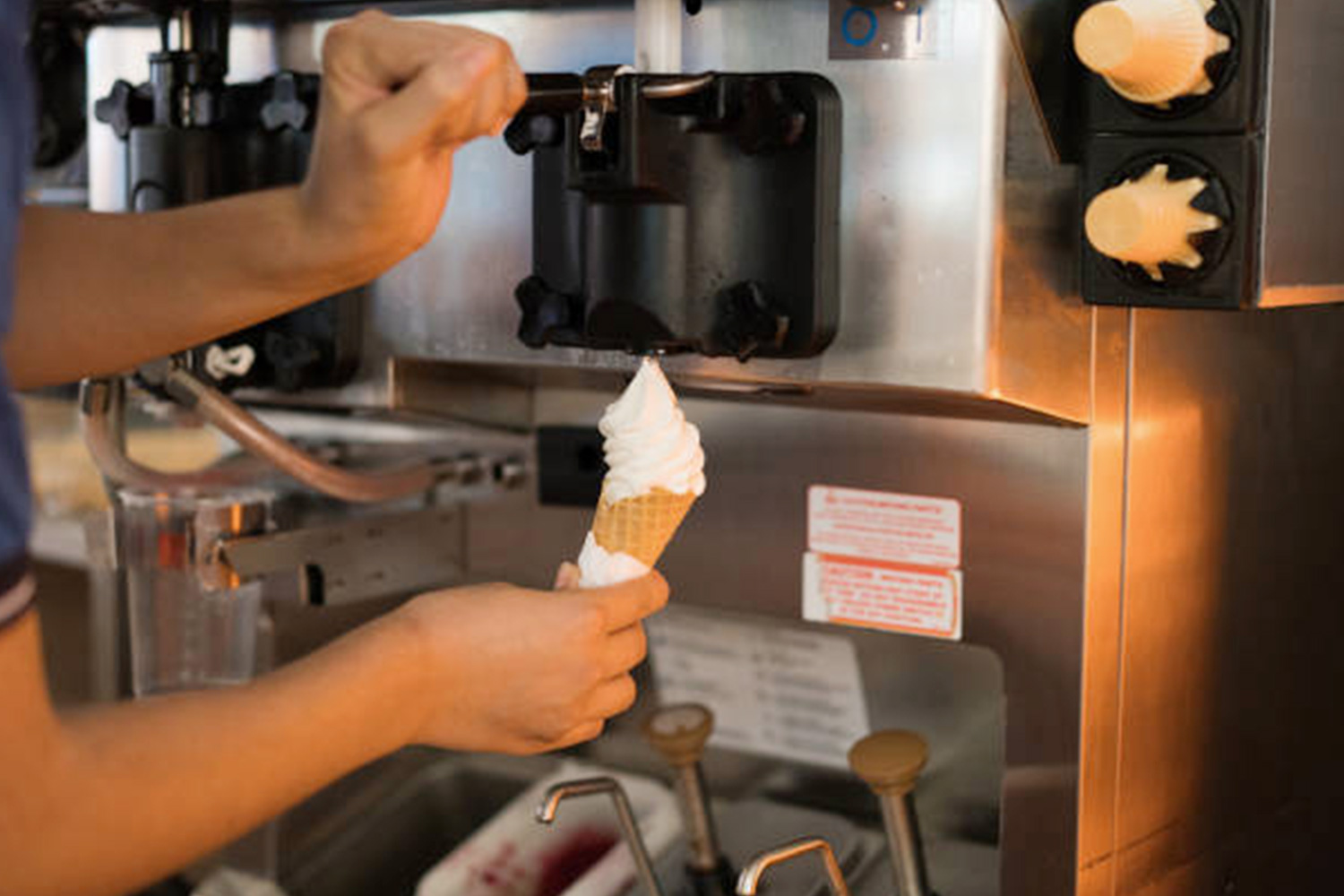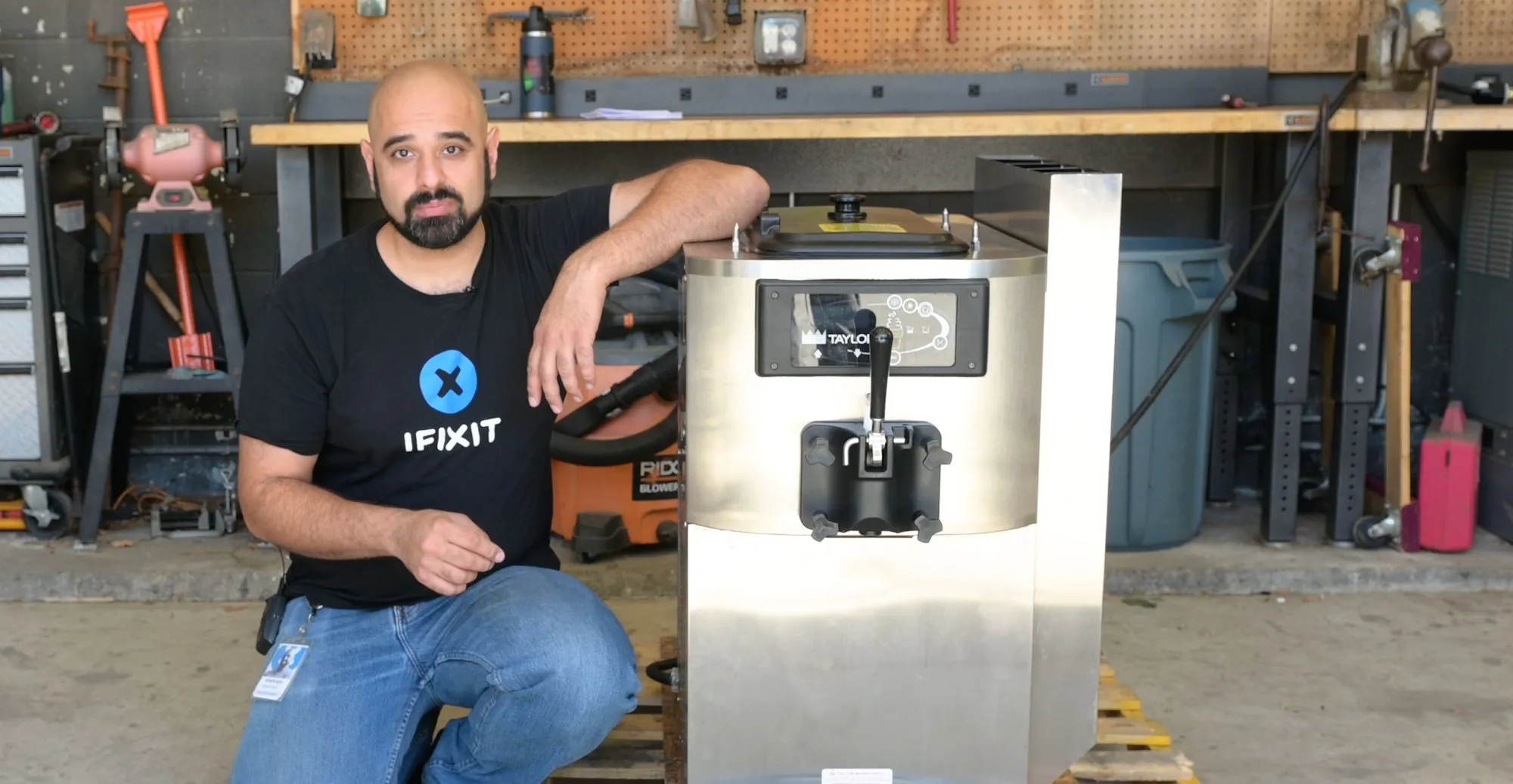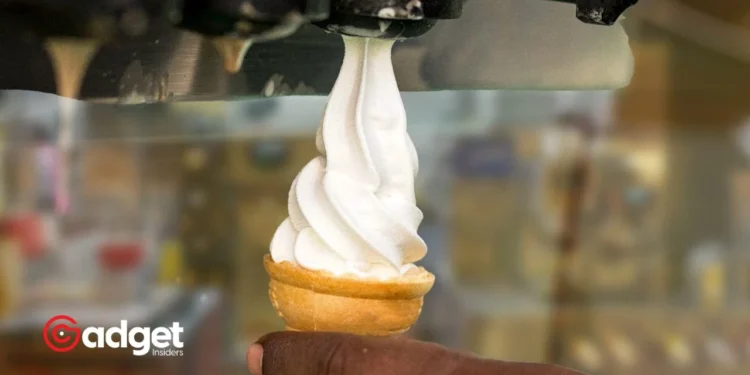In a landmark move that could significantly impact businesses and consumers alike, the Federal Trade Commission (FTC) and the Department of Justice’s (DOJ) antitrust division have taken a bold step towards ensuring the legal right to repair commercial devices, including the notoriously malfunction-prone McDonald’s ice cream machines.
This initiative, part of a broader push to challenge restrictive copyright laws under the Digital Millennium Copyright Act (DMCA), represents a pivotal moment in the ongoing battle for the right to repair.

A Call for Expanded Exemptions
The core of this problem resides within the intricate web of copyright law, more notably Section 1201 of the Digital Music and Intellectual Property Act (DMCA), which makes it a violation of copyright to circumvent software protections. Since this rule was passed, it has become extremely difficult, if not impossible, for owners to fix their equipment at McDonald’s to seek assistance from a third party.
By demanding an enlargement of the exemption for the right to repair certain devices, including commercial and industrial equipment, the Federal Trade Commission and the Department of Justice have recently submitted a request to the United States Copyright Office to challenge the current status quo.
Unlocking Competition and Innovation
The agencies’ comment to the Copyright Office underscores a profound belief that expanding repair-related exemptions will foster competition in the markets for replacement parts, repair, and maintenance services. This shift could also invigorate competition in the markets for repairable products, driving innovation and reducing costs for consumers.
By targeting specific categories such as commercial soft-serve machines at McDonald’s and proprietary diagnostic kits, the FTC and DOJ are advocating for a future where businesses are no longer tethered to authorized service providers, which can be both costly and time-consuming.
The FTC and DOJ think McDonald’s ice cream machines should be legal to fix https://t.co/47ZJKrbDgz
— The Verge (@verge) March 14, 2024
The Cost of Restrictions
The repercussions of the current restrictions are far-reaching, with the inability to perform third-party repairs not only stifling competition but also imposing hefty financial burdens on businesses.
The FTC and DOJ highlight the dire economic impacts, noting that unplanned manufacturing downtime can cost an average of $260,000 per hour. In the realm of fast food, a broken soft serve machine at McDonald’s can translate to $625 in lost sales daily, not to mention the extended downtime awaiting authorized technicians, which can stretch up to 90 days.
A Closer Look at McDonald’s Ice Cream Dilemma
McDonald’s ice cream machines have become a notorious example of the broader right-to-repair issue, often out of service and leaving customers disappointed. A teardown by iFixit revealed that the machines produce bewildering error codes, yet the law prevents anyone but the manufacturer, Taylor, from attempting repairs.
This scenario encapsulates the absurdity of the current situation: machines that are repairable in theory remain inoperable in practice due to legal constraints.

McDonald’s: The Path Forward
The involvement of the FTC and DOJ in this matter signals a potential turning point in the right-to-repair movement. Should the Copyright Office heed its call, it could pave the way for more accessible, affordable, and efficient repair options for a wide range of commercial and industrial equipment.
This change would not only benefit business owners but also contribute to a more sustainable and competitive market landscape.
As we await the decision, the story of McDonald’s ice cream machines serves as a poignant reminder of the broader implications of copyright law on our everyday lives. Through the efforts of the FTC and DOJ, there’s hope yet for a future where the right to repair is not just a privilege for the few but a fundamental right for all.










